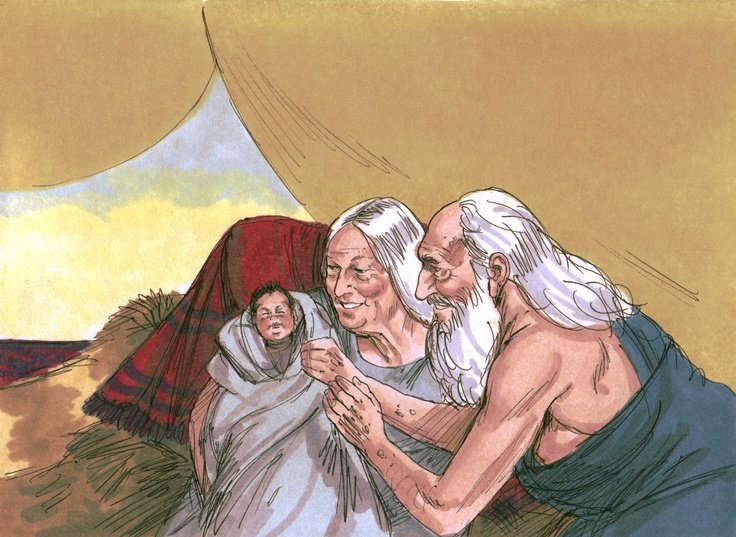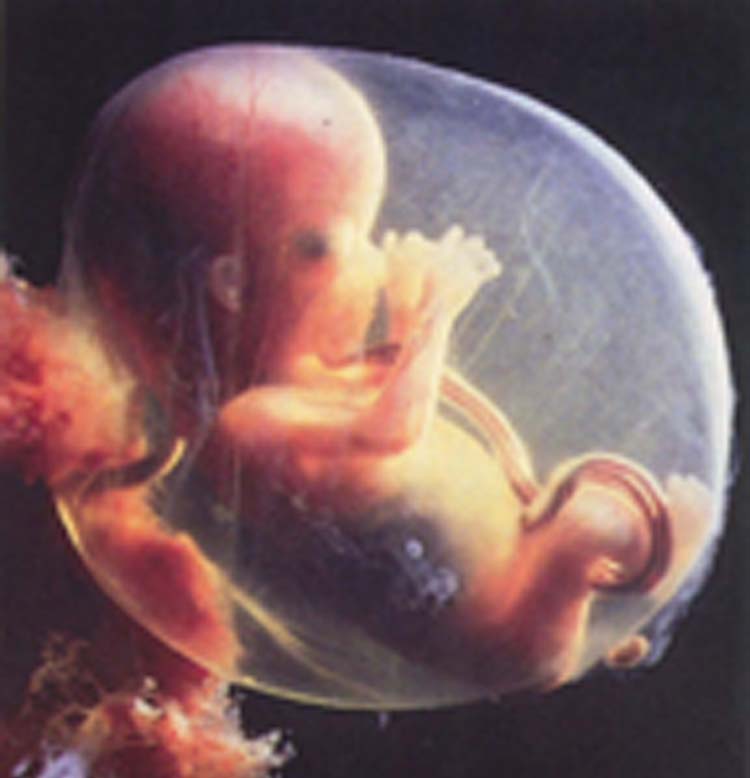Question
Gramps,
If a woman is not blessed with the opportunity to bear children in this life, will she have the opportunity to bear children in the mlllennium (if she is united in marriage)?
Dennis
Answer
Dear Dennis,
Earlier this year, as I was reading about the wives of the Patriarchs (Abraham, Isaac, and Jacob), I noticed something remarkably peculiar. These men were promised posterity as numerous as the stars of the heaven, and as plentiful as the sand on the shore. Their wives were every bit their matriarchal equals in this promise. These promises are renewed and extended in our day to worthy husbands and wives in holy temples.
Now get out some pen and paper so we can tally up multitudes of children these righteous women had. Sarah gave birth to Isaac and…. huh, that’s it. Rebekah gave birth only once, but she got 2 kids out of it (“thousands of millions” is starting to sound like an exaggeration). That’s ok though. In the next generation we have the twelve tribes of Israel, so Rachel has clearly fulfilled the prophecy with… 2 sons. This is not the trip to the beach nor the starry sky I imagined.
I have known some women who have heard these promises and sorrowed that they were given physical limitations preventing the fulfillment. I hope they can take some comfort knowing that the women we associate with these blessings felt the same sorrows. Rebekah struggled to have her two children while her sister popped out another baby every time her husband winked at her. Such comparisons are dangerous (even if understandable), because they lead the believer to doubt the promised blessings. It would be better to look to the matriarchs who experienced similar trials but were blessed triumphantly for their faithfulness.
The promise of seed is one that has two fulfillments in this life. For the literal application, we often have to wait several generations to see it at work. For a more spiritual application, we turn again to the Abrahamic covenant. “As many as receive this Gospel shall be … accounted thy seed, and shall rise up and bless thee, as their father” (Abraham 2:10). Sarah and Abraham received seed through gospel ministries. When they moved from country to country, they took with them “the souls that [they] had won” (Abraham 2:15). We see this playing out in our day as well when we listen to converts speak fondly of the missionaries who brought them into the Church. They hold in their hearts a powerful, familial-like bond for the families that introduced them to the gospel, or who stood at the crossroads of life and guided them down the right path.
For the barren woman in this life, she can hold out hope that she will be another Sarah, whose womb was miraculously quickened. Or she can embrace the hope shared in an apostle’s testimony:
“We know that many worthy and wonderful Latter-day Saints currently lack the ideal opportunities and essential requirements for their progress. Singleness, childlessness, death, and divorce frustrate ideals and postpone the fulfillment of promised blessings. … But these frustrations are only temporary. The Lord has promised that in the eternities no blessing will be denied his sons and daughters who keep the commandments, are true to their covenants, and desire what is right.
“Many of the most important deprivations of mortality will be set right in the Millennium, which is the time for fulfilling all that is incomplete in the great plan of happiness for all of our Father’s worthy children. We know that will be true of temple ordinances. I believe it will also be true of family relationships and experiences” (Conference Report, Oct. 1993, 101; or Ensign, Nov. 1993, 75).
For these women, the literal fulfillment of the Abrahamic promise lies in the eternities, where they can have “an increase” free of mortal privations. They will find themselves surrounded by their children in the faith who remain grateful for the nourishing watchcare that brought the prodigals home. “How great shall be [her] joy with him in the kingdom of my Father!” (D&C 18:15, emphasis mine). In that day, they will understand the personal fruition of Isaiah’s hymn:
“Sing, O barren, thou that didst not bear; break forth into singing, and cry aloud, thou that didst not travail with child: for more are the children of the desolate than the children of the married wife, saith the Lord” (Isa. 54:1).
Gramps






